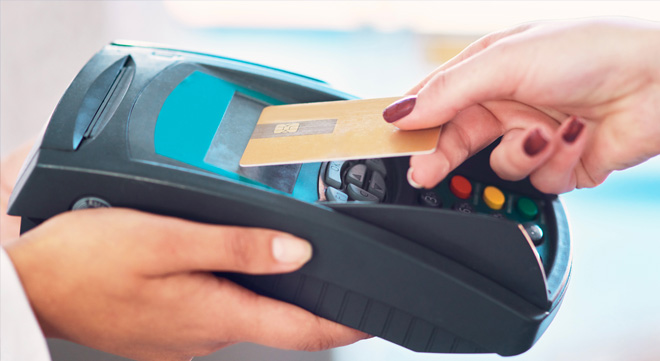More South Africans are choosing cards over cash — but retailers say cash isn’t going anywhere yet. Picture Credit: Google
By Aisha Zardad
South Africa – South Africa’s retail landscape is undergoing a quiet but unmistakable transformation as shoppers increasingly move away from cash in favour of digital and card-based payments. Major retailers — including Pick n Pay and Spar — have confirmed a noticeable shift in customer behaviour, with fewer people choosing to pay with physical notes and coins at checkout counters.
In many stores around the country, shoppers may have already spotted the change: fewer tills accepting cash, and more dedicated card-only pay points designed to speed up throughput and reduce congestion.
But while the rise of digital payments is accelerating, retailers say they’re not ready to shut the door on cash just yet.
Digital Payments Climb as Cash Use Drops
Responding to queries about South Africa’s march toward a cashless future, Pick n Pay acknowledged a significant shift in shopper habits.
Deven Moodley, the retailer’s head of value-added services, financial services, and mobile, said the trend is undeniable.
“Non-cash payments have increased while cash transactions fell 10%, highlighting a continuing trend in the country’s dynamic landscape of financial transactions,” Moodley said.
But despite the decline, cash is far from disappearing.
Moodley emphasised that cash remains a crucial part of Pick n Pay’s customer offering, noting that the retailer has no plans to reduce cash acceptance at its tills.
He also highlighted the importance of retail banking services offered at Pick n Pay stores — including cash withdrawals, deposits, and other financial transactions — which play a key role in the company’s value-added services.
“We continue to offer a comprehensive set of ways to pay for customers, including the Pick n Pay Store Account, while maintaining a shift to a less-cash society.”
Spar: Cashless? Not Anytime Soon
Spar echoed similar sentiments but noted that its operating model differs from its competitors. Because Spar stores are run by independent retailers, each owner decides which payment methods best suit their community.
Mpudi Maubane, Spar’s national PR and communications manager, said that while digital payments are on the rise, cash remains a necessity for many South Africans.
“Spar remains committed to serving all customers by providing flexible, accessible payment methods that meet their preferences,” he said.
Maubane stressed that going fully cashless would risk excluding customers — especially in communities where cash remains the most trusted and practical payment option.
“Our focus is on balance by embracing innovation while staying inclusive and community-focused.”
Woolworths and Shoprite Still Quiet — But Woolworths WCafé Has Already Moved
Shoprite and Woolworths had not responded at the time of publication.
But Woolworths made waves last year when it announced that its WCafé stores were going fully cashless, signalling future possibilities for its broader retail network.
South Africa’s Informal Sector Also Embracing Card Payments
While cash has long dominated the informal economy, even this traditionally cash-heavy sector is seeing a shift.
A snap survey by Yebo Fresh, covering 2,769 spaza shops and 20 midi wholesalers, found that card payment systems are now widespread — and in many provinces, nearly universal.
The big payment players in spaza shops:
- Flash
- Kazang
- Shop2Shop
Shop2Shop, in particular, was found to be used by virtually all midi wholesalers.
Other providers, such as Blue Label, Yoco, iKhokha, and A2Pay, also feature prominently in shops of varying sizes.
Shops in the Western Cape recorded the highest average number of card devices per store, while larger spazas nationwide typically use between 1.4 and 2.1 devices per shop.
Why digital devices are booming
“A big reason for their popularity is the importance of selling value-added services — such as data, airtime, DStv, electricity, and betting — as an income generator for spazas,” explained Yebo Fresh founder and CEO Jessica Boonstra.
Still, she cautioned that although adoption is rising, “cash is still king.”
Most consumers still prefer paying cash, meaning that many shops in the informal economy continue to make cash payments to their suppliers.
A Nation in Transition: Cashless Momentum But Cash Still Critical
South Africa’s payment landscape is clearly shifting toward digital convenience, security, and speed. From small spaza shops to large retail chains, the movement is gaining momentum.
But the country’s socioeconomic realities mean that cash is unlikely to disappear any time soon.
Instead, South Africa is embracing a dual-payment future — one where card, digital wallets, and QR payments continue to rise, while cash remains a vital lifeline for millions of households.
Retailers say their priority is accessibility, not exclusion — and for now, that means keeping both cash and card firmly on the table.






